How will the H1-B visa process change due to a Trump presidency?
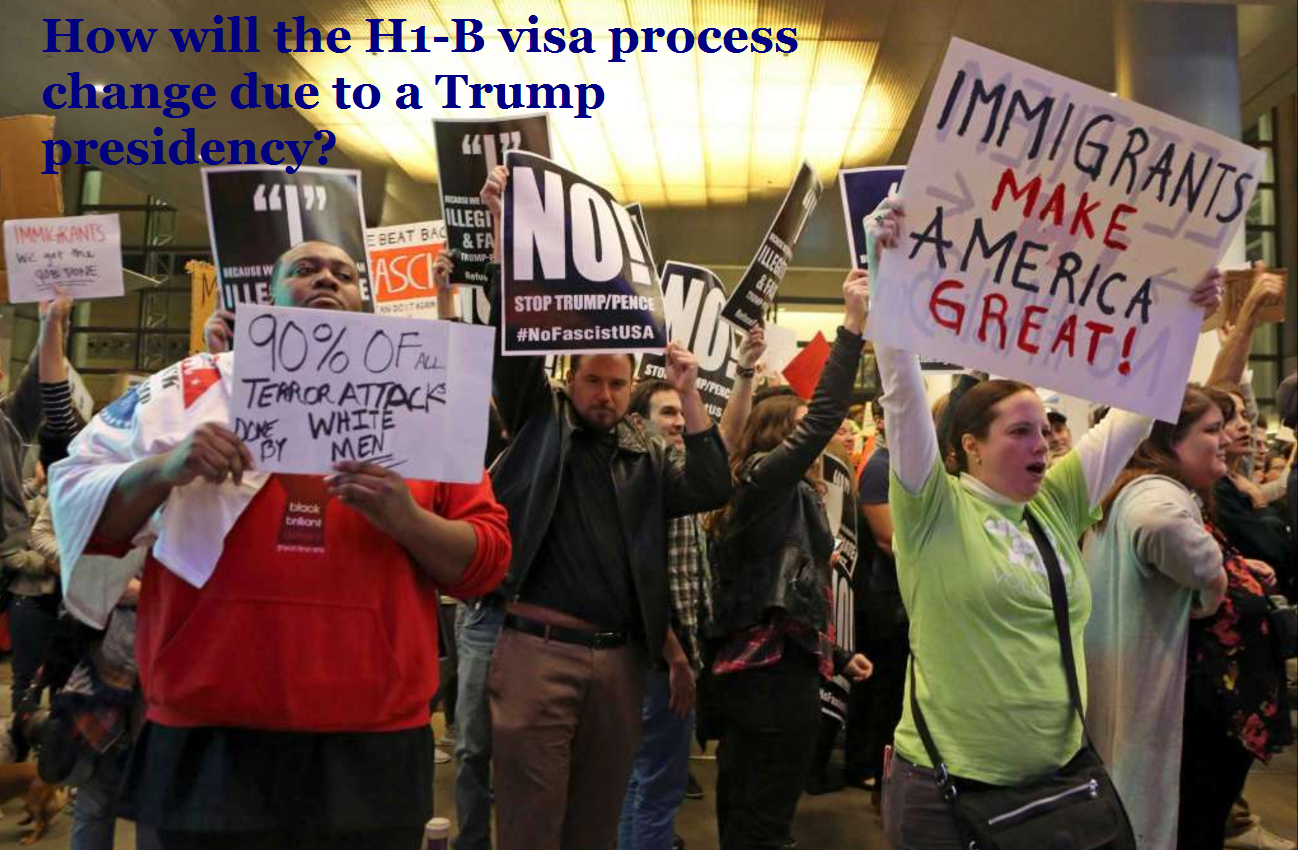
Among the international students’ community, there is uncertainty regarding recent changes in H-1B visa process after Trump’s presidency. President-Elect Trump looks unfavorably upon immigration and recent Executive Order on Temporary Immigration proves that all. Let’s understand how will the H1-B visa process change due to a Trump presidency?
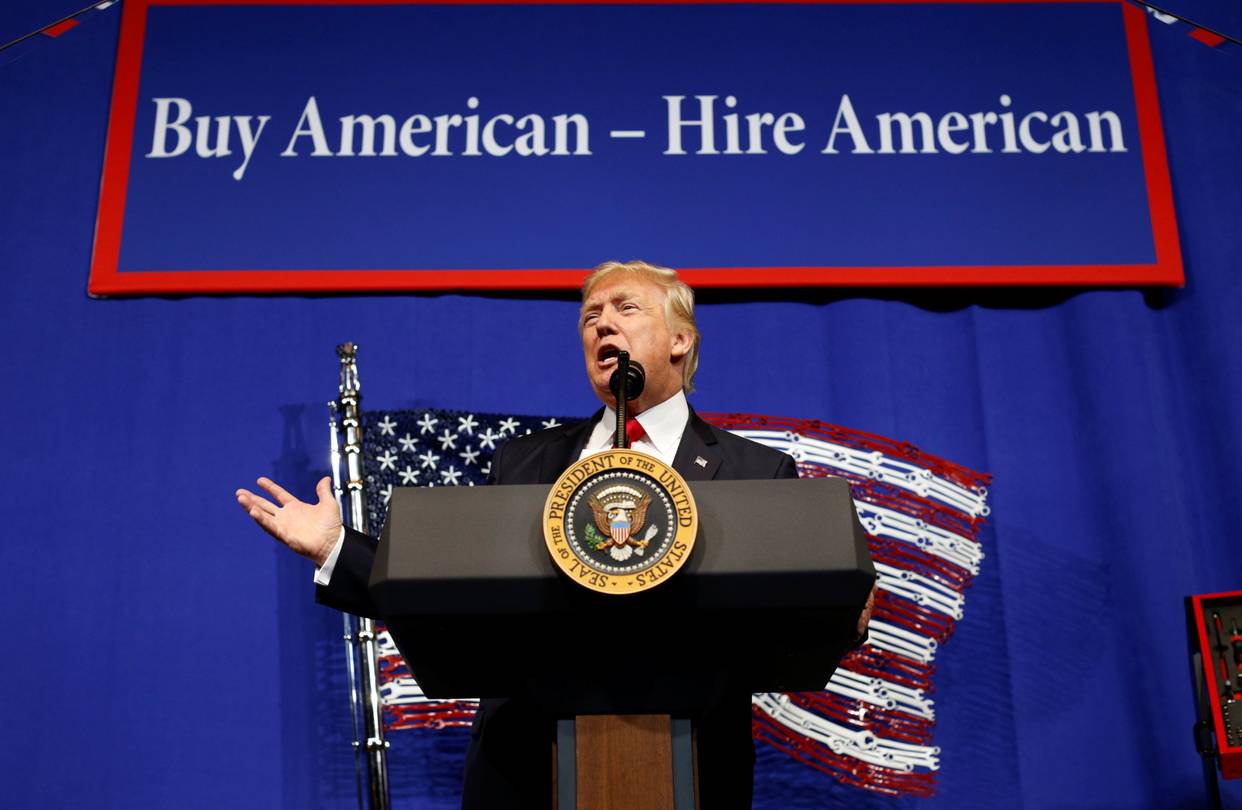
What has the US government done to discourage H1 B Visa?
There is still uncertainty over the fate of the H-1B visa programme. On 18 April 2017, the US president signed an executive order whose agenda is ‘Buy American, Hire American’, which states stricter laws against immigration.
To ensure that only highly-paid, highly-skilled workers get visas the US Department of Labor is directed to suggest some changes to the H-1B process. It also said to end the current lottery system.
As a result of this in October, visa extension applications are put under scrutiny by USCIS, making it more difficult to obtain as compared to the visa in the first place. As an extension of visa involves more paperwork.
That not done here in December 2017, Trump had filed a new rule that allowed the spouses of H-1B visa holders can’t work, opposite of what Obama rule. This left no choice for the immigrants whose wives want to work but to leave the country.
Not law against H1B Visa but bureaucracy is making it difficult
As far as the law is considered not too many changes have been implied, so the question is what is that which is making it difficult. The answer to it is bureaucracy:
Increase in “requests for evidence,” (RFEs) is one indicator of that. In this, the US Citizen and Immigration Services department sends notices to H-1B applicants demanding more information. For USCIS this is a daily routine and purpose is to ensure that only highly skilled or qualified will get the visa. But according to the data from last January to November 40% more RFEs are issued as compared to 2016.
H-1B visas and the wages debate
H-1B visa is considered to be a way of hiring cheap labor from outside replacing American workers by the employers. This process is not necessarily a denial of the petition but it makes process time consuming and expensive.
As per the reports, some of the applicants get a notice regarding the second RFE. On this, they (USCIS) said it is rare to send the second RFE but in some cases, they have to double assure themselves. About they (USCIS) states that they are misleading as it also contains challenges to the petition they filed before 2017. According to them, the rate of noticing RFE is same as that of 2015 or 2016. As far as approval rates are concerned USCIS approved more than 90% of the H1B applications fiscal 2017, but that rate goes below than 85% in the first two months of fiscal 2018.
What will become of the H-1B visa?
The issue is more complex as it seems, but it is unlikely that will end H1-B completely. There are many skilled workers that companies need to hire. New measures wit no doubt have made it difficult for the immigrants but here the bigger question is that whether it will have a positive or negative impact on the economy.

 How Frequently Should Passwords Be Updated? A Comprehensive Guide
How Frequently Should Passwords Be Updated? A Comprehensive Guide 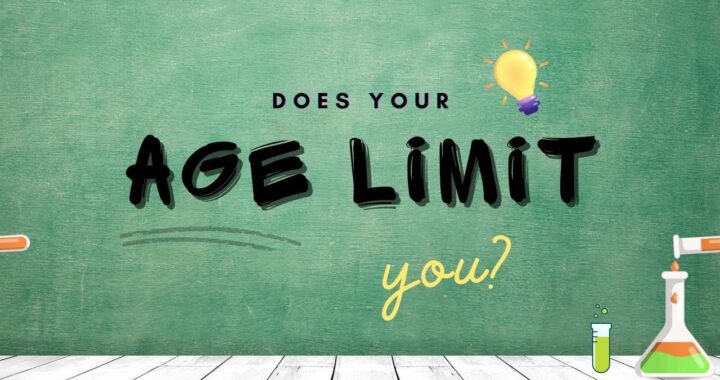 What is Maximum age to get Student Visa for Canada
What is Maximum age to get Student Visa for Canada 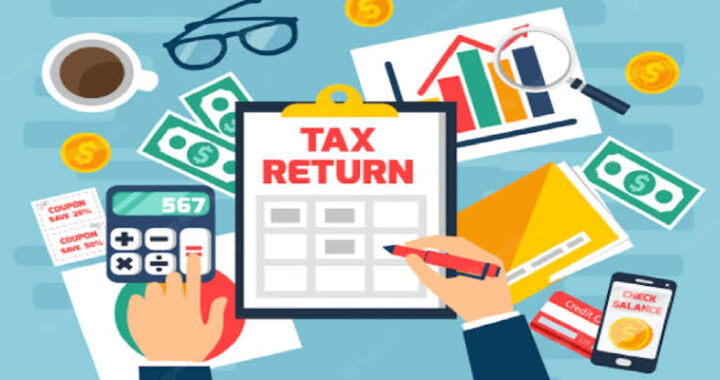 Here is Everything You Need to Know about the Canadian Tax Return System!
Here is Everything You Need to Know about the Canadian Tax Return System! 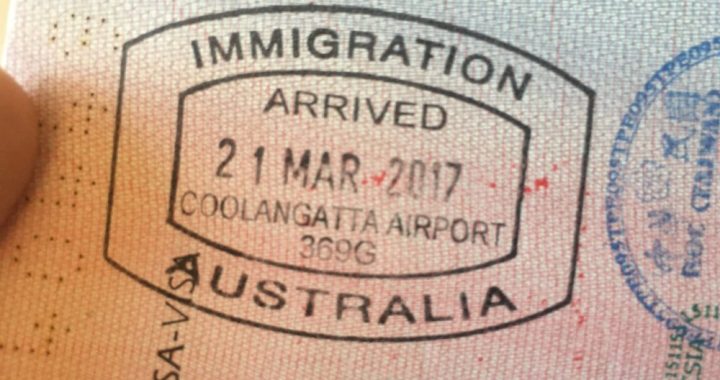 Everything You Need to Know about Australia Tourist Visa for Indians
Everything You Need to Know about Australia Tourist Visa for Indians 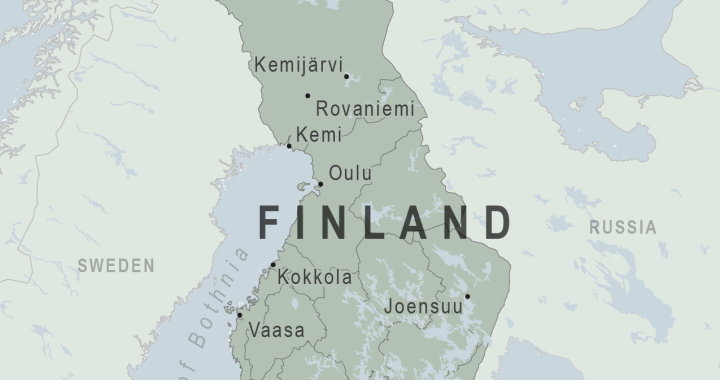 Process for Immigrating to Finland in a Nutshell!
Process for Immigrating to Finland in a Nutshell! 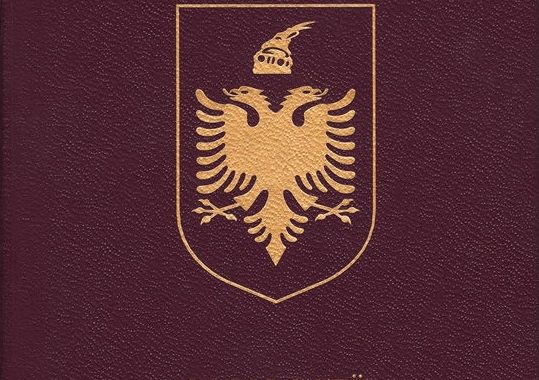 Everything You Need to Know About Albania Visa!
Everything You Need to Know About Albania Visa! 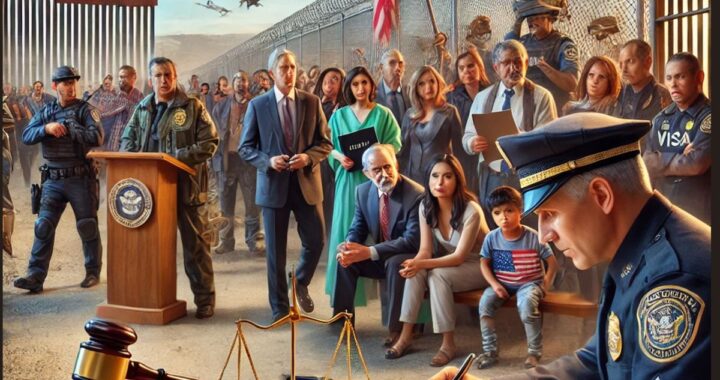 What actions by Trump Government are in store for illegal immigrants in US? What are Challenges to deport illegal immigrants from US?
What actions by Trump Government are in store for illegal immigrants in US? What are Challenges to deport illegal immigrants from US?  Recent Changes to Canada’s Work Permit Rules and its impact on Immigrants from India
Recent Changes to Canada’s Work Permit Rules and its impact on Immigrants from India  Applications for UK Immigration witness major decline as the Immigration Laws undergo significant changes
Applications for UK Immigration witness major decline as the Immigration Laws undergo significant changes 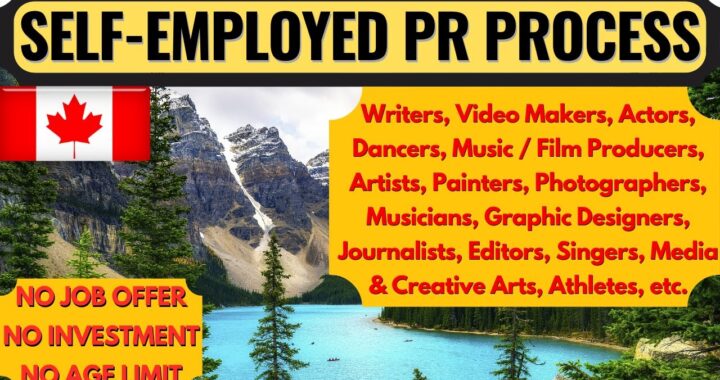 What are changes in Canada Start up Visa Program and Self-Employed Persons Program. How would it affect the potential immigrants to Canada?
What are changes in Canada Start up Visa Program and Self-Employed Persons Program. How would it affect the potential immigrants to Canada?